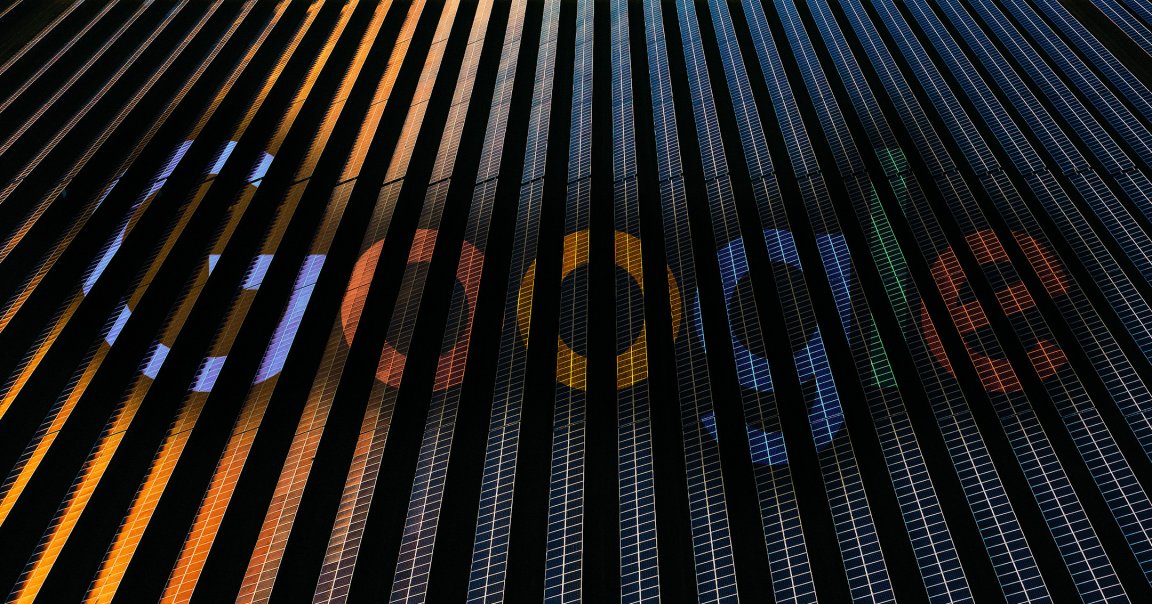
A solar firm in Minnesota is suing Google for defamation after the tech giant’s shoddy AI Overviews feature allegedly made up wild lies about the company — and significantly hurt its business as a result.
“This lawsuit is not just about defending our company’s reputation; it’s about standing up for fairness, truth, and accountability in the age of artificial intelligence,” Nicholas Kasprowicz, general counsel for the solar company, Wolf River Electric, said in a statement.
First filed in a state court in March, the lawsuit was transferred to a federal court this week after Google filed for a removal, the Minnesota Star Tribune reported.
It’s generally uncharted legal territory. Can a company be held responsible when its AI spreads harmful misinformation? If so, it could represent a huge inflection point as AI companies have long tried to duck liability for the outputs spouted by their large language models.
“This might be one of the first cases where we actually get to see how the courts are going to really dig down and apply the basic principles of defamation law to AI,” Ari Cohn, lead counsel for tech policy at the Foundation for Individual Rights in Education (FIRE), told Politico.
What Google’s AI allegedly made up is clearly serious enough to put customers off, and appeared when searching “Wolf River Electric lawsuit” on the search engine, which is a plausible query for a potential customer looking into the background of someone they’re about to do business with.
Per the suit, as quoted by the Star Tribune, the AI feature confidently fibbed that Wolf River Electric was facing a lawsuit from Minnesota Attorney General Keith Ellison for “deceptive sales practices,” like lying to customers about savings, and tricking homeowners into signing contracts with hidden fees.
Ever the diligent researcher, the Google AI cited four links to back up its claims: two news articles (including at the Star Tribune), a statement from the state’s AG, and Angie’s List. None of these made any mention of a lawsuit against Wolf River. Per Politico, some of the links mentioned that other solar companies were being sued, but there was nothing about the plaintiffs. Errors like these are well documented: Google’s AI is easily tricked into inventing and then elaborately explaining fake idioms, when it’s not busy recommending putting glue on your pizza.
Google denied the defamation allegations in a filing last week, and brushed off what happened as a harmless mishap. What’s losing a few potential customers when they’re building amazing AI that’s going to save the world?
“The vast majority of our AI Overviews are accurate and helpful but like with any new technology, mistakes can happen,” Google said in a statement to Politico. “As soon as we found out about the problem, we acted quickly to fix it.”
When you’re not a trillion-dollar monolith, however, lies can be pretty costly. Wolf River said that several of its customers cancelled their contracts — some worth as much as $150,000 — because of what they read in the Google AI Overviews.
There’s a silver lining, however: all that lost business may be some of the strongest evidence yet for proving AI-related defamation in court.
“Wolf River Electric claims they’ve got the receipts,” UCLA Law professor Eugene Volokh told Politico. “They’ve got what a lot of people who’ve been libeled have a hard time proving.”
Also in the solar company’s favor is that it likely isn’t well-known enough to count as a public figure, Politico noted, meaning that the bar for proving defamation is lower. Wolf Electric doesn’t have to demonstrate there was “actual malice” involved, and instead merely needs to show that Google was negligent.
It’s far from an open and shut case, but it has the makings of a strong one. According to the Star Tribune, Wolf Electric is seeking significant damages of $110 million to $210 million.
“No corporation, regardless of its size or market dominance, should be permitted to release powerful AI tools that generate and spread false information without proper oversight or consequences,” Kasprowicz said.
More on AI: Nation Cringes as Man Goes on TV to Declare That He’s in Love With ChatGPT